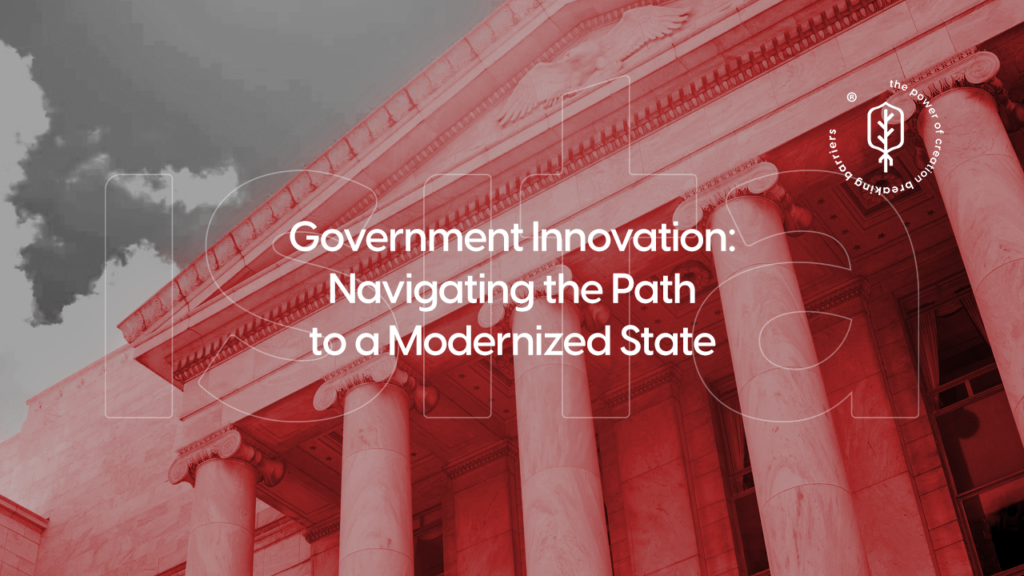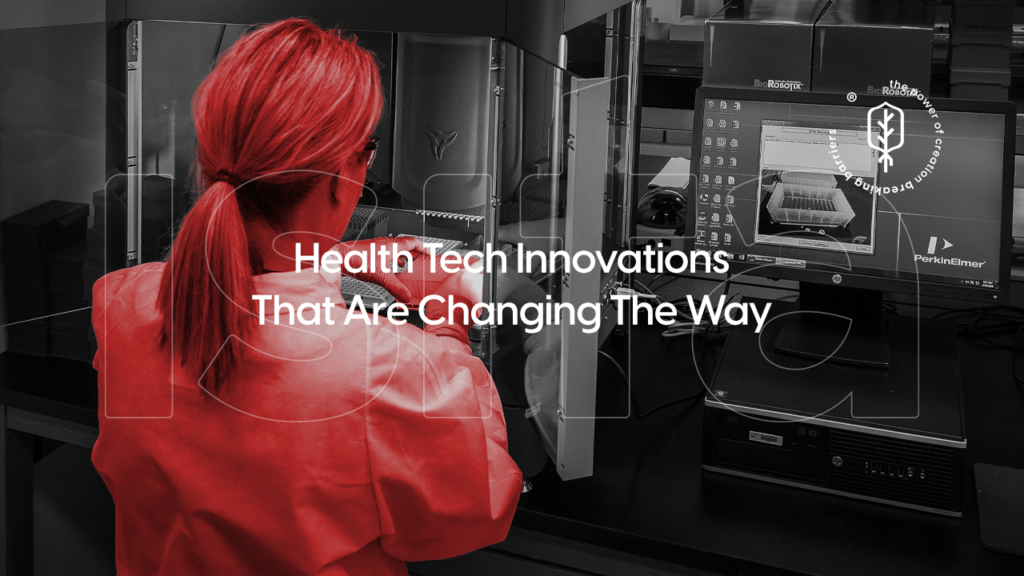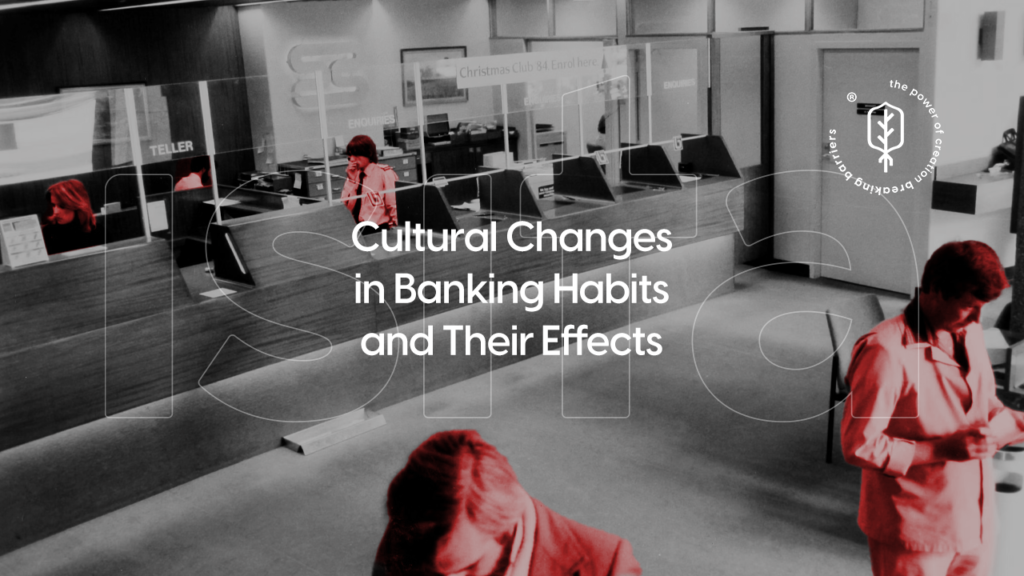In today’s rapidly evolving world, governments around the globe are increasingly recognizing the importance of innovation in delivering public services, promoting economic growth, and addressing complex societal challenges. Government innovation is not a luxury but a necessity to enhance efficiency, transparency, and responsiveness. Here’s the importance of the concept of government innovation, its significance, and some notable examples of innovative initiatives that are transforming the public sector.
Defining Government Innovation
Government innovation refers to the adoption of new ideas, technologies, and practices to improve the delivery of public services, streamline operations, and foster innovation-driven economic growth. It encompasses a wide range of areas, from digitalization and data analytics to citizen engagement and policy design.
Significance of Government Innovation
Improved Service Delivery: Government innovation aims to make public services more efficient, accessible, and citizen-centric. Digital transformation, for instance, allows citizens to access services online, reducing bureaucracy and wait times.
Enhanced Transparency and Accountability: Innovations like open data initiatives and blockchain technology can enhance transparency by providing citizens with access to government data, budgets, and expenditures, thus fostering trust and accountability.
Economic Growth and Job Creation: Government innovation can stimulate economic growth by supporting startups, promoting research and development, and investing in infrastructure projects. This, in turn, can create job opportunities and drive innovation-driven entrepreneurship.
Effective Policy Implementation: Innovative approaches in policy design and implementation can lead to more effective and evidence-based policymaking. Data analytics can help identify emerging trends and inform policy decisions.
Sustainability and Resilience: Governments can innovate in areas such as renewable energy, climate change adaptation, and disaster preparedness to build more sustainable and resilient communities.
Notable Examples of Government Innovation
Estonia’s E-Government: Estonia is often cited as a pioneer in e-government. They have implemented a secure digital ID system that allows citizens to access a wide range of government services online, from voting to healthcare and business registration.
Singapore’s Smart Nation: Singapore’s Smart Nation initiative leverages data analytics, the Internet of Things (IoT), and digitalization to create a highly connected and efficient urban environment. This includes innovations in transportation, healthcare, and urban planning.
Canada’s AI Strategy: Canada has developed a national strategy to position itself as a global leader in artificial intelligence (AI). The government is investing in research, fostering AI talent, and collaborating with industry to drive innovation in this field.
Rwanda’s Drone Delivery Service: Rwanda has launched a groundbreaking drone delivery service to provide medical supplies to remote areas. This innovation has the potential to save lives and improve healthcare access.
Open Data Initiatives: Many governments worldwide have launched open data initiatives, making government data accessible to the public. For instance, the U.S. government’s Data.gov portal provides access to a vast repository of datasets that support research, entrepreneurship, and transparency.
Government innovation is not a one-time event but an ongoing process that requires a commitment to change, collaboration, and the fostering of a culture of innovation within the public sector. As governments continue to face complex challenges, from global health crises to climate change, innovation becomes an essential tool for building resilient, efficient, and citizen-centric governance systems. Embracing technology, data-driven decision-making, and creative policy solutions can lead to transformative changes that benefit societies and economies alike. In the 21st century, innovative governance is not an option—it’s a imperative.
At Isita we can help you with this and other technology and innovation issues. Let’s talk!



